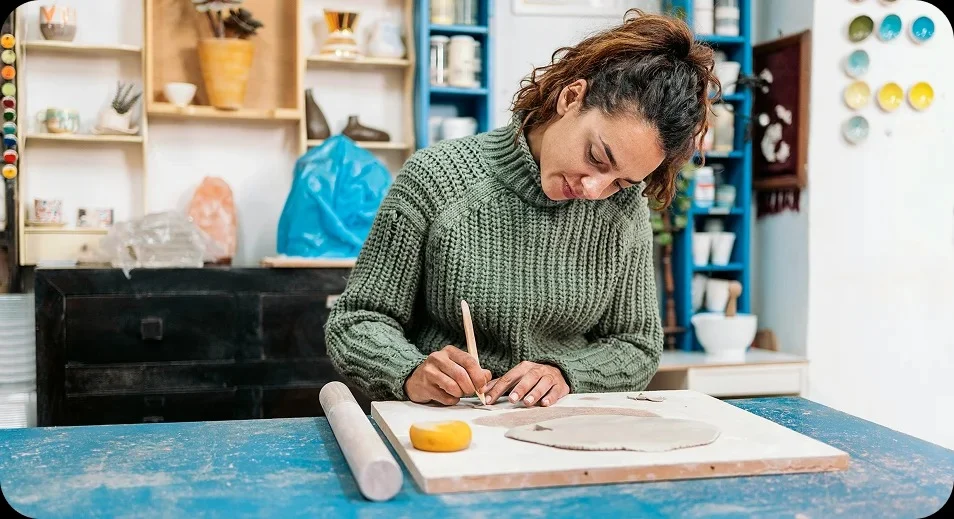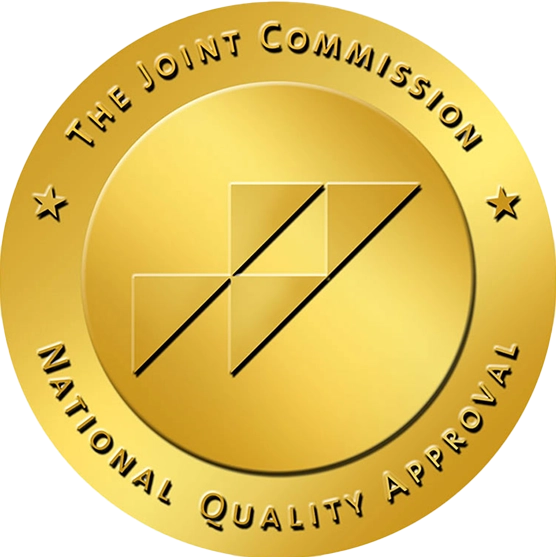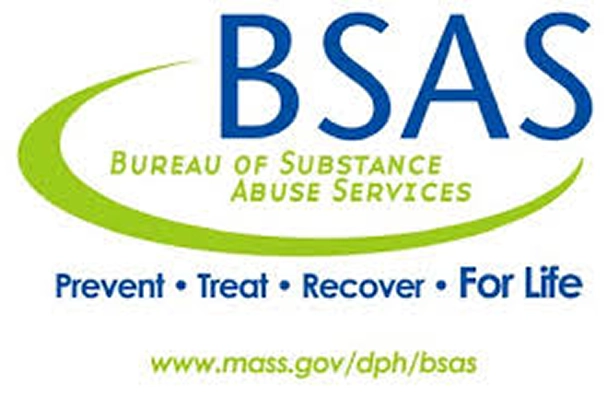Family Counseling Services for Mental Health in MA
Every family experiences tension or disconnect at some point, especially when mental health challenges are involved. At Rebuilding Mental Health, we offer compassionate family therapy to help you communicate better, rebuild trust, and grow together.
What Is Family Therapy?
Family therapy is a type of counseling that brings family members together to work through conflict, improve communication, and better support one another. The goal isn’t to assign blame but to understand each other and create a healthier family dynamic.
According to the American Association for Marriage and Family Therapy, over 90% of clients report improved emotional health after participating in this therapy. It’s an evidence-based approach that can support families navigating stress, change, or long-standing tension.
Why Family Therapy Matters
Mental health doesn’t only affect one person. It impacts the entire family system. When someone is struggling, those around them often feel confused, helpless, or overwhelmed. It creates a space to:
- Break harmful patterns and build better boundaries
- Improve emotional connection and mutual understanding
- Provide loved ones with tools to support each other
- Heal in a way that brings everyone forward together


What Issues Can Family Counseling Help With?
Family counseling is helpful for many situations. Whether you’re facing daily challenges or dealing with something more serious, therapy can guide your family toward healthier communication and deeper trust. We can help you and your family work through topics such as:
- Communication breakdowns
- Mental health concerns like depression, anxiety, or trauma
- Grief or loss
- Parenting struggles
- Conflict between siblings or partners
- Divorce, co-parenting, and blended family transitions
- Boundary setting and codependency
- Education and support for loved ones of those in treatment
What to Expect in Family Therapy
Family counseling at Rebuilding Mental Health is collaborative, supportive, and structured around your family’s needs. We create a space where everyone has a voice and feels safe to share their thoughts and concerns.
Collaborative Sessions
We offer a neutral space where family members can speak openly, listen actively, and start to rebuild trust and connection.
Approaches Used
Our therapists use proven methods like systems theory, structural family therapy, and aftercare to guide healing.
Client-Centered
Every family is different. We tailor sessions to your goals, your structure, and your shared history.
Who Is Family Therapy For?
Family sessions are for any group of people who care about each other but are struggling to connect. This includes biological families, blended families, chosen families, or support systems of close friends.
It’s a good fit if your family is open to change, willing to listen, and ready to build something stronger. You don’t need to be in crisis to benefit, just ready for something better.

Why Choose Rebuilding Mental Health
At Rebuilding Mental Health, we know that family dynamics are deeply personal. We approach every session with care, empathy, and the firm belief that healing is possible with the right support.
Experienced Family Therapists
Our team is trained in working with complex family systems, communication patterns, and deep-rooted challenges like generational trauma or codependency.
Compassionate, Trauma-Informed Approach
We create a respectful space where each family member feels heard, supported, and safe. It’s a place to show up honestly, without fear of judgment or blame.
Part of a Holistic Healing Plan
Family therapy can be woven into your broader mental health treatment plan. It complements individual or group therapy by strengthening connections.
Our Levels of Care
Family therapy is available across all levels of care at Rebuilding. Whether your loved one is attending treatment or you’re coming as a family unit, we’ll meet you where you are.
Day Treatment
An intensive Day Treatment program is suited for people who need strong structure. You’ll attend groups, individual sessions, and skills-based work focused on attention, organization, and emotional regulation.
Half-Day Treatment
For a step down, you can attend Half-Day Treatment sessions. This offers hands-on ADHD therapy and skills training in shorter blocks, allowing you to maintain a balance between work, classes, and family life.
Virtual Treatment
Using secure Zoom video calls, you can take part in Virtual Treatment. You’ll connect with clinicians, learn skills, and get support from home when in-person care isn’t a practical option for you.
Learn More About Our Therapies and Conditions We Treat
At Rebuilding Mental Health, we treat a wide range of conditions, including anxiety, depression, trauma, OCD, ADHD, and mood disorders. Our therapies include narrative therapy, trauma-informed care, expressive arts therapy, and more.
Family therapy is often part of a bigger picture, helping clients and their loved ones work together. It takes them on a guided journey through their shared struggles, creating lasting change across the whole family system.

Ready to Rebuild?
You don’t have to have all the answers to get help – just be open to the first conversation. At Rebuilding Mental Health, we’ll guide your family through the healing process with compassion and clarity. Reach out today to schedule a confidential consultation or verify your insurance. Let’s work together to rebuild your family’s connection, one step at a time.
Ready to Rebuild?
FAQs
How many family members can join a session?
What if someone in the family is resistant?
That’s okay. We often begin with whoever is ready and work to build trust with others over time.
Can family therapy be combined with individual treatment?
Yes. In fact, combining individual and family therapy is often the most effective way to support healing.
Do all family members need to attend every session?
Not always. We tailor the structure based on what will help your family the most.
What if our family has a lot of conflict or past trauma?
Our therapists are trained to navigate tough topics. We create a safe space for every voice.
How long does family therapy typically last?
It varies. Some families attend for a few weeks, others benefit from longer-term support.
Can family therapy help with a specific mental health diagnosis?
Yes. Family counseling can support healing around many diagnoses, especially when one person’s mental health impacts the whole family.
Mental Health Resources

You might notice your college student is more focused on odds than homework, glued to their phone during games, or suddenly short on cash. At first, sports betting can sound

Many veterans carry stress that lingers long after service ends. Memories, pressure, and loss can follow them home, shaping daily life in ways that feel hard to explain. A strong

Living with bipolar disorder means dealing with mood swings that can feel like they’re controlling your life. One week, you may struggle to get out of bed. The next one,




